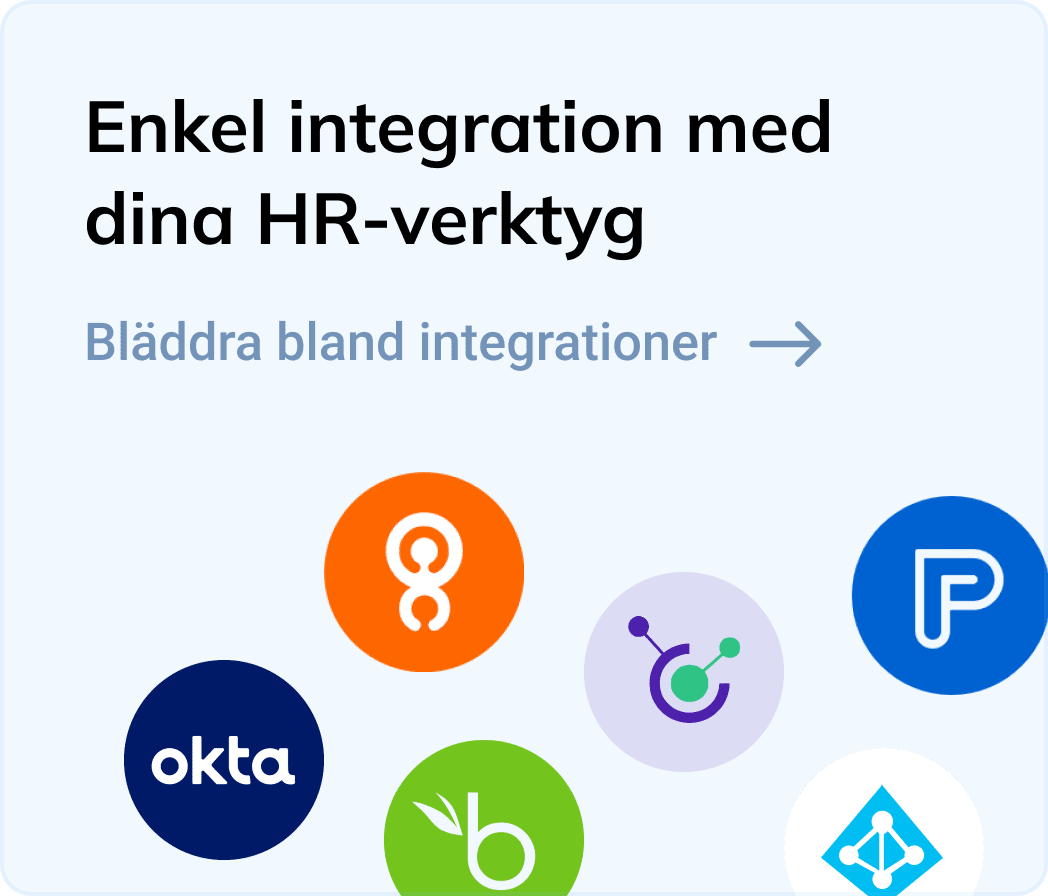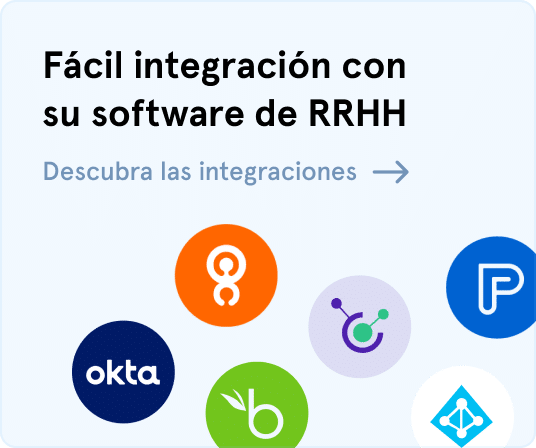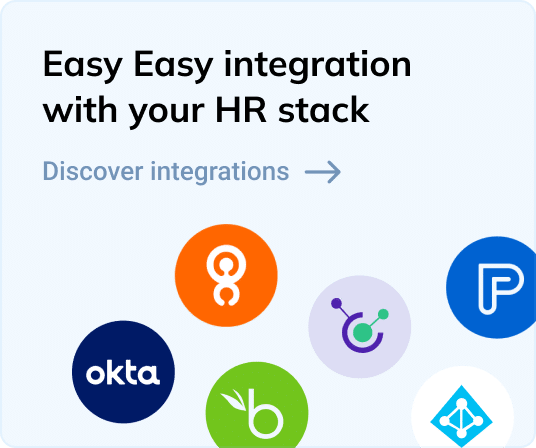Like Mondays, everyone dreads their annual review. HR managers have long been faced with the seemingly impossible challenge of rehabilitating this dreaded process. The key priority must therefore be to consider what employees want from their annual appraisal.
Having helped more than 300 companies revamp their performance management processes, here are the five things that employees themselves say are a must.
Communicate expectations clearly during the annual review
Unclear expectations are one of the biggest factors in the apprehension of performance reviews. A Trinet and Wakefield survey of 1,000 millennials found that 62% had been caught off guard by their performance review. Another study, this time by Gallup, shows that only half of employees strongly agreed that they knew what was expected of them at work.
In the first meeting after each performance review period, both parties should align their expectations. Together they define SMART objectives and smaller milestones as a basis for future performance reviews. This way, the employee knows what criteria he or she will be evaluated on and can confidently address the year’s performance.
Attaining meaningful feedback during the annual appraisal
At the heart of the process, and key to its success, managers will be responsible for the conducting of your performance reviews. According to surveys by Trinet and Wakefield, 59% of employees complained that their manager was not prepared to give them initial feedback on their work. It is therefore important to give feedback to your employees, but it must also be actionable. In addition, such feedback should be supported by clear and accurate information to stimulate employee engagement.
The more your managers practice giving regular feedback, the more natural it becomes; eventually, it ends up forming part of your company’s culture. Such regular interaction ultimately helps to strengthen the relationship between managers and their team members. Over time, they gain a better understanding of each person’s objectives, working style and what makes them tick.
More feedback!
The millennial generation has high demands for feedback, and amidst the age of social networking, such feedback has to come almost instantaneously, when it’s needed most. Another Gallup study revealed two key elements: millennials demand far more feedback than other generations, but only 19% of them feel they receive it often enough. The study also highlights the fact that regular interviews can double salary commitment among this generation.
More and more companies are no longer just relying on their managers to give feedback when they have the time, but are now allowing their employees to ask for feedback from anyone and on any subject. They facilitate this ‘as and when’ approach via user-friendly and flexible feedback tools such as Javelo. The impact is always positive for the employees involved, and the subsequent results on employee engagement are excellent.
Obtain a concrete overview of performance
The key to long-term motivation is to track progress over time. With increasing expectations regarding feedback culture, it is no longer enough to wait for it to come from a manager in the form of an end-year appraisal. Regular and accurate information has to be obtained on what has been done well as well as what needs to be improved for the next period. Providing your employees with access to personal development data allows them to better understand their strengths, visualise their progress and stimulate their professional growth.
Giving employees the opportunity to excel by doing what they do best every day seems like a no-brainer. Strength-based development is an extremely effective method. It stimulates both learning and commitment, and starts by giving employees the means to truly understand what they are good at.
Speedy Recognition
Last but not least, praise and recognition. They go a long way in helping you create a motivated workforce. Think about it. When you put 100% into your work, it is gratifying to know the point to which the work has been appreciated.
A study by Globoforce found that 78% of employees surveyed would work harder if their efforts were recognised more often and appreciated more. It even appears that employees find positive feedback on their professional output even more rewarding than material rewards or gifts.
So it’s time to get rid of the one-size-fits-all annual appraisal model. You need to introduce a process that is designed with your employees’ needs and expectations in mind. Javelo provides you with simple and user-friendly performance review management software. Managers and employees can define objectives, along with key results to be achieved, whilst also sharing and requesting feedback as the year unfolds. HR can also monitor personal development and performance by running regular interview campaigns.









